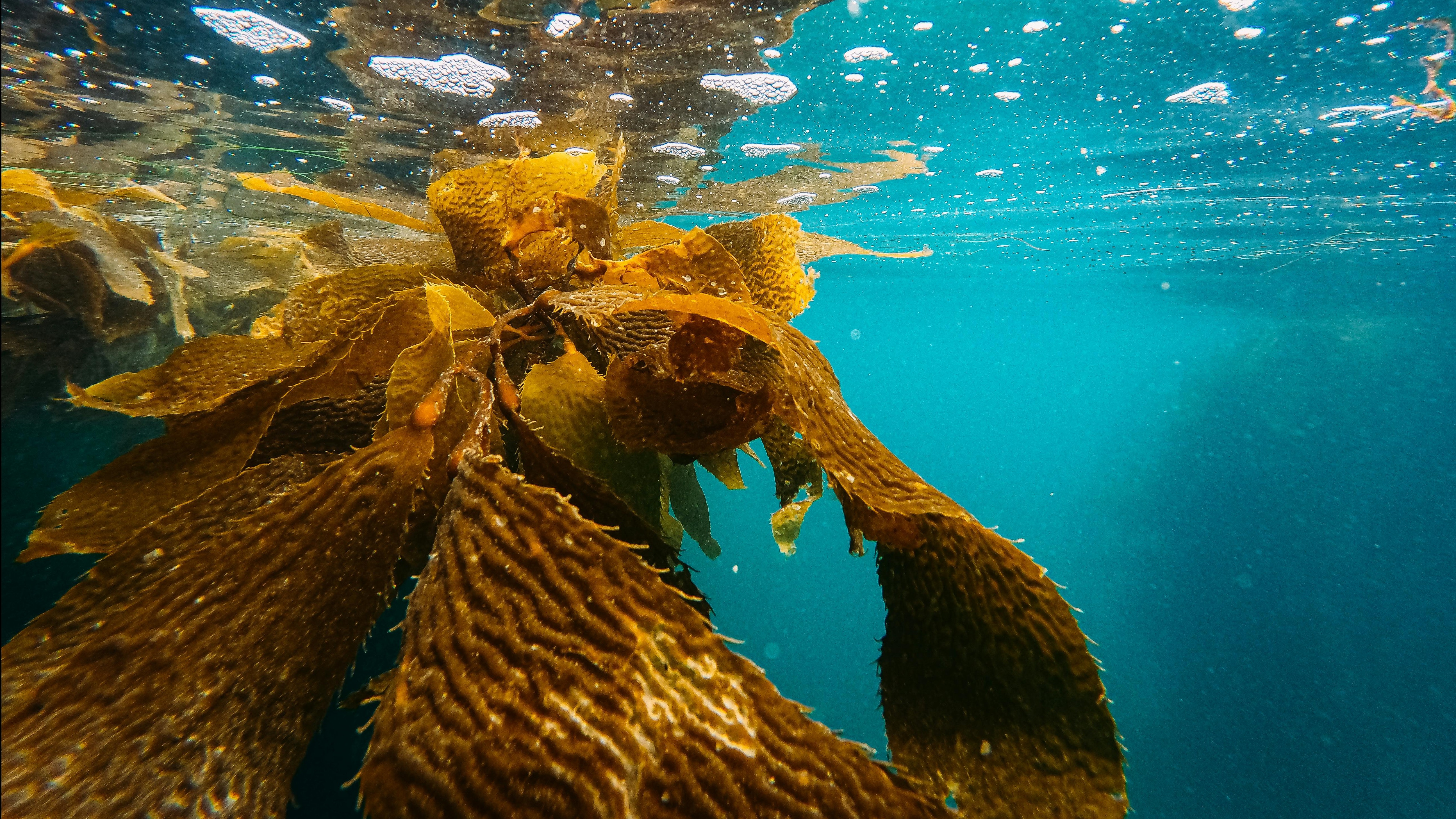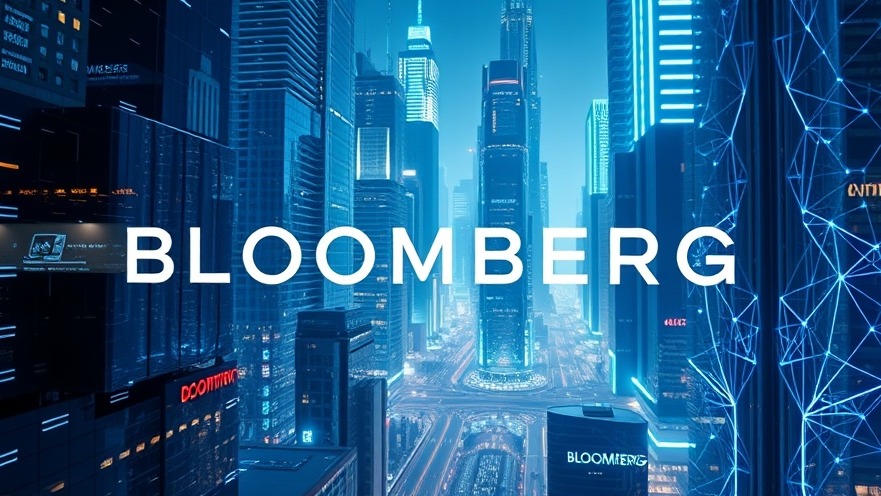
The Promise of Seaweed: Revolutionizing Supply Chains
In a world increasingly grappling with climate change, seaweed emerges as a beacon of hope. This fascinating plant not only demonstrates significant potential for environmental benefits, but it also heralds a new era in the supply chain landscape. The recent conversation with James Dillard, a key figure at Macro Oceans, sheds light on the innovative strides being made to incorporate seaweed into various industries, thereby creating a more regenerative supply chain.
A Groundbreaking Idea
Dillard and his team at Macro Oceans embarked on their journey in 2020, motivated by a desire to combat the climate crisis. With significant experience in terrestrial agriculture, they began examining how they could innovate and make supply chains more sustainable and aligned with natural ecosystems. Their pivotal insight was discovering the untapped potential of seaweed, a crop that is chemically similar to corn but remains underutilized in the U.S. Unlike traditional farming, seaweed cultivation requires no land or freshwater, allowing it to thrive in marine environments, thus reducing the environmental footprint of agricultural practices.
Bridging the Gap between Farmers and Markets
One of the pivotal challenges Dillard's team identified was the gap between seaweed farmers and market demand. Many farmers are permitted to grow far more seaweed than they can sell, leading to wasted resources and missed opportunities. By enhancing processing methods, Macro Oceans seeks to optimize the supply chain by ensuring that seaweed can be effectively harvested, processed, and marketed. This approach not only empowers farmers but also aligns with the growing demand for sustainable products in sectors such as food and cosmetics.
Zero Waste Manufacturing: The Vision for the Future
One of the most exciting aspects of Macro Oceans’ approach is their commitment to zero waste. Their manufacturing process is designed to ensure that leftover materials are transformed into usable products. They plan to utilize a single manufacturing line for various end products, creating a system that maximizes efficiency and fosters sustainability. By converting seaweed pulp into raw materials for products ranging from cosmetics to innovative packaging solutions, they are setting a standard for circular economy practices.
Revenue Models and Future Innovations
Currently in the pilot phase, Macro Oceans is just beginning its commercial sales journey. Dillard explains that their revenue model is still emerging as they refine their processes and adapt to market needs. Initially, they aim to sell seaweed extracts and ingredients, with aspirations to license their technology and foster profit-sharing opportunities with farmers. This flexibility in their business model could pave the way for new and exciting collaborations in the future.
Competition or Collaboration?
While traditional products derived from hydrocarbons continue to dominate, Dillard perceives that the competition in the seaweed sector should focus on expanding its usage rather than simply outcompeting existing players. Currently, there are few major competitors in the seaweed processing domain, with Macro Oceans setting itself apart through innovation and collaboration. Learning from industry peers and fostering a culture of collective growth could significantly benefit the industry as a whole.
The Hope for Climate Change Solutions
When asked about optimism regarding the future of the seaweed market and climate change at large, Dillard cited the innovative spirit of professionals across the seaweed value chain as a primary source of hope. “There are many talented and creative individuals working tirelessly to build a truly sustainable seaweed industry,” he notes. His conviction is bolstered by recent developments in renewable energy, highlighting that for the first time, wind and solar energy outpaced coal production in the U.S. during a summer season—a testament to the rapid and promising shifts that can occur.
Embracing Investment Opportunities
For individual and business investors, understanding the transformative potential of seaweed is essential. As the global demand for sustainable products rises, investing in innovations like those spearheaded by Macro Oceans could lead to not only financial gains but also a lasting impact on the environment. This presents a significant opportunity for investors to align their portfolios with their values, fostering a future that champions environmental responsibility.
Given these exciting developments in the realm of seaweed and its role in creating a regenerative supply chain, individuals and businesses alike have a unique opportunity to be at the forefront of this shift. Engaging with innovative solutions and supporting the burgeoning seaweed industry could be a vital step towards addressing climate change.
Interested in exploring investment opportunities within the regenerative supply chain? Dive deeper into the growing trend of sustainable practices and discover how you can contribute to a better future through impactful investing.
 Add Row
Add Row  Add
Add 




Write A Comment